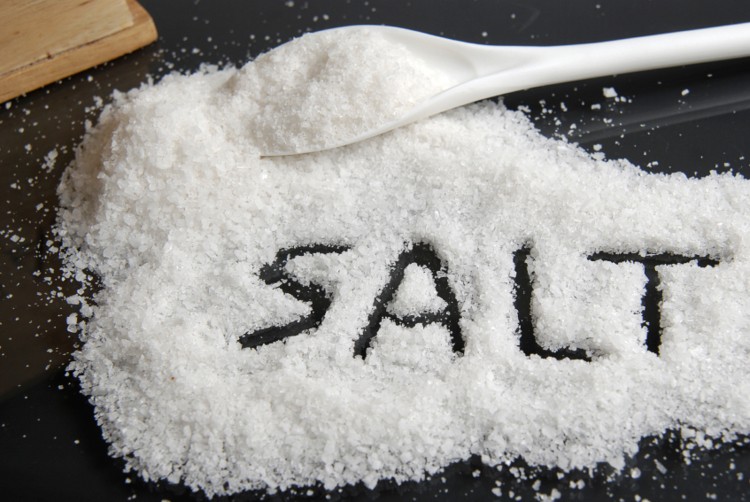By Hassan Zaggi
The Nigeria Sodium Study Multi-Sectoral Stakeholders have warned against excess intake of salt among Nigerians and therefore, called for a stiffer regulation by the authorities concerned.
The group gave the warning at the end of its meeting at the University of Abuja.
The National Agency for Food and Drug Administration and Control (NAFDAC) and the University of Abuja, co-hosted the meeting in order to facilitate the implementation of the National Multi-sectoral Action Plan (NMSAP) for the Prevention and Control of Non-communicable Diseases which was published in 2019.
In a communique, the group disclosed that the objective of the meeting was to ensure early buy-in from different stakeholders on how to reduce excess salt consumption in Nigeria.
The group therefore, said that in order to implement and scale-up the NMSAP, the Nigeria Sodium Study investigators recommend improved community awareness and knowledge on the risk of excess salt consumption, improved standardization and awareness of nutritional labelling, multi-sectoral collaboration and engagement, and strong government leadership, regulatory processes, and accountability mechanisms to enhance trust and ensure a level playing field.
“Reducing excess salt intake will be a central strategy toward improving and sustaining the heart health of Nigerians to live longer, healthier lives by reducing the burden of heart disease and stroke,” the communique noted.
During the meeting, the Nigeria Sodium Study Investigators presented findings on the in-depth interviews and focus group discussions among regulators, food producers, consumers, retailers and restaurants, academia, and healthcare workers, and the results of the packaged food retail surveys in the Federal Capital Territory, Kano state and Ogun state.
“While the NMSAP was acceptable, major barriers to the implementation included customs and cultural taste for high salt diets, lack of awareness and low knowledge on risk and amount of salt in foods, ambiguous and complex nutrition labels, easy accessibility and affordability of high salt diets, and unavailability of and experience with salt substitutes.
“The retail survey showed that the saltiest food categories consistently exceeded World Health Organization recommendations.
“Further, more than 1 out of every 7 of the 7,093 foods surveyed did not have any salt or sodium labeling for consumers to make healthy choices,” the communique noted.
The group further stressed that consuming high amount of sodium, a key element in salt, is a major cause of high blood pressure, reiterating that: “Excess salt intake contributes to the risk of stroke, heart disease, and chronic kidney disease.
In Nigeria, the impact of these diseases that are attributed to excess salt consumption are significant and has been estimated to cause about 1 out of every 10 of deaths due to stroke and heart disease.
“There is clear and compelling evidence of the benefits in reducing excess salt intake, including lower blood pressure and lower risk of stroke or death.



